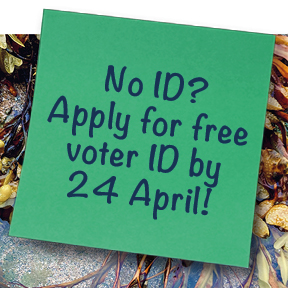Children left alone and babysitting
On this page you will find advice about when a young person is ready to be on their own alone.
You can find further advice on the NSPCC website.
The facts
- Never leave a baby or young child alone
- Children are not ready for this amount of responsibility
- Leaving a child alone places them at risk of harm
- It can be a lonely and frightening experience
- Plan who you could contact for emergency care
Common sense and the law
If a child is not ready to be left alone they can feel sad, lonely, frightened and it can be dangerous. There are many possible risks, both physical and emotional, which could affect your child in a bad way.
Also it is not possible to rely on a child to let you know how much care they need. They may say that they do not mind being left and may find it fun at first, but they cannot fully know the possible risks and how to handle them.
Even ordinary things that happen in life, such as hunger, a storm, the phone ringing or someone coming to the front door, can cause problems. An accident, feeling ill or a power cut may occur and these are not things that a child would know how to deal with.
It is never possible to leave your child and assume that someone will look out for them unless you have already spoken to a trusted friend or neighbour and asked them to keep an eye out.
If they are told, the Police or Social Services may take action if they think that a child has been neglected by being left alone. Neglect happens when a parent or carer does not meet children’s basic needs of food, shelter, security, attention or protection from danger.
As they get older
The NSPCC have issued guidelines advising that children under the age of 13 should not be left alone. While this is not the law, it is suggested as good practice. Children under this age cannot manage the responsibility of being left alone and this may be particularly so if they have a disability.
As a young person grows older, leaving them alone after school, for an evening or during the day, is less worrying as long as they are prepared and know what to do if they are worried or need anything. So preparation for this is vital. If your child is 13 or over and you feel he or she has the understanding to deal with this, it is important that they know where you are and who to contact in an emergency.
As parents the safety and well-being of your child is up to you. As a result it is important that you think very carefully about the person you are going to leave them with, whether this is a stranger, close relative or a friend. Sometimes, adults may offer to look after your child, or take them out. If the person is not a relative or a long-term friend, be extra careful of such informal offers and if in doubt, refuse. Offers that seem too good to be true usually are.
Babysitters do not need qualifications or a certificate to look after children. As a result anyone can be a babysitter. The Children’s Legal Centre and the NSPCC advise that the minimum age of a babysitter should be 16 years of age. This is based on the idea that at 16 and above, a young person understands possible dangers and risks and could get help quickly if needed.


